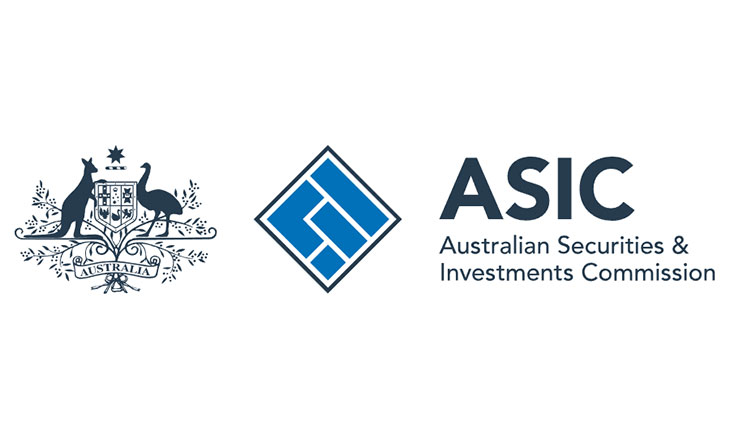Who are the Australian Securities and Investments Commission?
The Australian Securities and Investments Commission (ASIC) is a governmental agency that regulates financial services providers and many different markets in Australia.
Established in 1998, ASIC has developed its own framework of legislation – the Australian Securities and Investments Commission Act 2001 – which all operators in the country must abide by. ASIC also utilises regulation including the Corporations Act 2001, the Insurance Contracts Act 1984 and the National Consumer Credit Protection Act 2009 to preserve the integrity of the financial markets while protecting the needs of the individual customer.
In order to offer financial products and investments to customers, a company must have been granted an Australian Financial Services (AFS) licence. ASIC assesses the competency of any firm that applies for AFS licensing, and if it believes that the applicant is able to carry out the service described in their application, that they have the financial resources to carry out their specified business, and that they can meet the other regulatory requirements of a licensee, then ASIC can grant approval – or reject license applications where necessary.
From 2009 onwards, ASIC has also been directly responsible for monitoring activity on the Australian Stock Exchange.
Regulatory areas and powers
ASIC has a wide scope and a broad range of areas that it must regulate, from the sale of stocks and index shares to commodities, forex and cryptocurrency.
The organisation’s main role is to maintain high standards in financial services by ensuring the optimum performance of operators in the sector, by ensuring consumer confidence, and by acting on its legislative powers to ensure that trading brokers operate fairly and with the best interests of investors at heart.
If it does discover misconduct by a broker as part of an investigation, ASIC has a number of criminal and civil penalties available to administer. It can ban brokerage firms (or their named managing directors) for a specified period of time or indefinitely, it can facilitate civil action to help wronged investors get their money back and/or compensation, and it can even advise criminal prosecution in the case of major offenders.
How to check if a broker is regulated by ASIC
One of the key administrative functions of ASIC is to maintain a register of financial services providers. Any firm that appears on this register must abide by the regulation and standards put in place by ASIC – if they don’t, then any of the punitive powers mentioned above can be enacted.
The key thing about ASIC’s register is that investors and customers can perform a company search within a market sector, and this ensures that they are dealing with a trusted and regulated provider, rather than an organisation that is operating freely outside of ASIC’s control.
The register can be found here – https://connectonline.asic.gov.au/RegistrySearch/faces/landing/ProfessionalRegisters.jspx?_adf.ctrl-state=3ttixklsq_4 – and using the dropdown menu, you can search by company name or within a specified sub-sector, such as ‘futures brokers’, ‘investment advisors’ and so on.
There is even a separate register for ‘banned & disqualified’ companies and individuals if you want to check that you’re not being scammed.
Making a complaint
If you wish to make a complaint about a company registered with ASIC, then in the first instance you should visit https://asic.gov.au/about-asic/contact-us/how-to-complain/.
This highlights a number of different options for tackling your particular situation, but be warned that ASIC will not act on your behalf to help settle disputes.
If your issue cannot be solved directly with your provider, then ASIC recommends utilising the services of the Australian Financial Complaints Authority (AFCA) to act as an intermediary.
